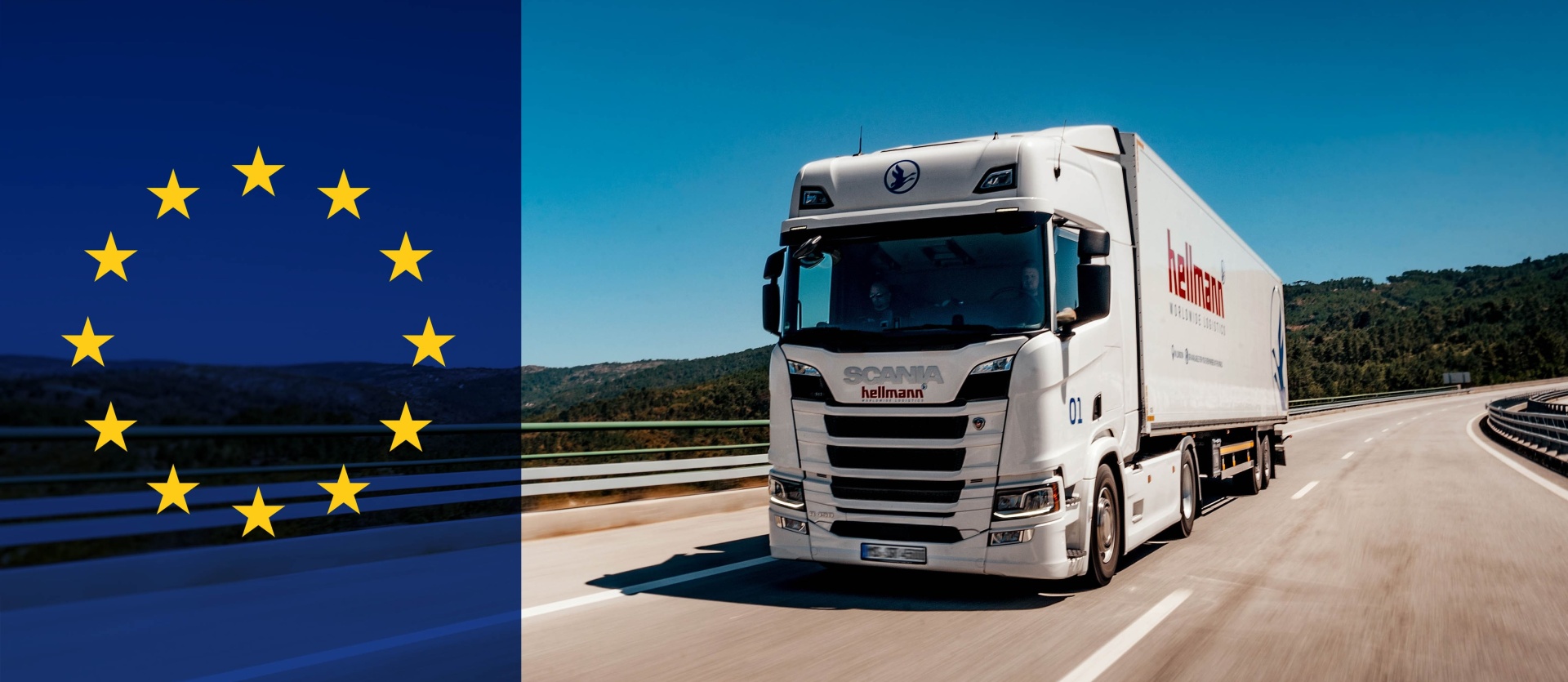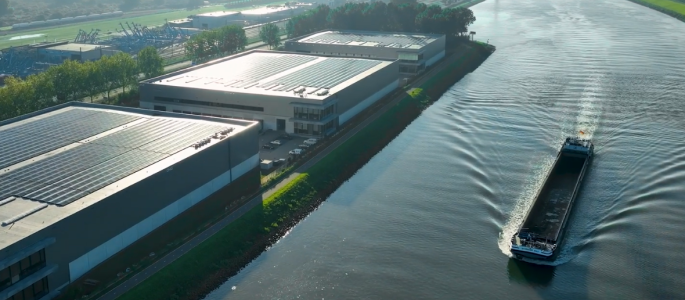
EU Mobility Package II: New regulations for road freight transport
Passed by the European Parliament in July 2020, the Mobility Package was designed to improve drivers' working & safety conditions to ensure that the entire sector operates from a level-playing field, promoting fairness of competition, efficiency, and safety. The sleeping ban in cabins for truck drivers,for instance, has been a direct result of this.
Following are the most significant changes at-a-glance:
As of February 2, the minimum wage regulations of the host country will apply as national law for cabotage trips, per the EU Posting of Workers Directive.
In addition, all border crossings must be documented in the truck's tachograph.Since only the newest devices record this entry automatically, a manual entry is required - even with digital devices. Drivers must stop and record the crossing at the first opportunity to halt after the border.
As of February 21, the four-day rest applies to cabotage transport. The actual regulation of three cabotage modes of transport within a seven-day period remains unchanged.
Furthermore, the obligation to return for trucks and the return option for drivers came into force. Every eight weeks, the vehicle must be returned to the origin EU country where it is officially registered. Additionally, the driver must be allowed to return to their place of residence or business at least once every four weeks for a minimum stay of 45 hours.
Beginning May 21st, all international commercial road transports with utilizing vehicles over 2.5 tons permissible total weight will be subject to authorization. Formerly, a permit was only required for vehicles over 3.5 tons.
It is still unclear what impact these new regulations will have on transport capacities within the European Union.
At the EU level, cabotage accounts for only a small percentage of the national road freight transport. According to Eurostat statistics from 2020, the share was 4.9% of ton-kilometres (tkm) performed by EU freight carriers - a steady increase of 1.4 percentage points (pp) since 2015.
However, some EU member states are more affected by the new regulations than others. In 2020, Luxembourg recorded the highest cabotage share among EU member states at 19.9%, ahead of Germany (9.9%), Austria, and Belgium (both 9.2%). Together with France (8.2%), these were the only countries that consistently had cabotage shares of 5% or more between 2015 and 2020. In Estonia, cabotage also increased significantly, reaching 5.3% in 2020 - an increase of 4.4 percentage points from 2015.
"Particularly with the new obligation to return and the four-day cooling-off period for cabotage journeys, capacity is effectively being taken away from the European transport market," Hans-Rolf Walter, Product Management Direct Load comments on the situation.
The product manager for Direct Load expects that the capacity shortage in countries with growing demands in cabotage journeys could lead to further price increases. Potentially, freight shipments to the trucks' home countries could experience disruptions as a result of the obligation to return.
Officially, the EU Mobility Package II has come into force. Yet, the national regulations that form the basis for controls and fines for non-compliance are still missing. The precise impact for our industry will only become apparent after full enforcement is effected in the respective countries.




